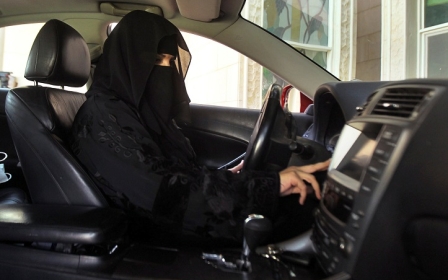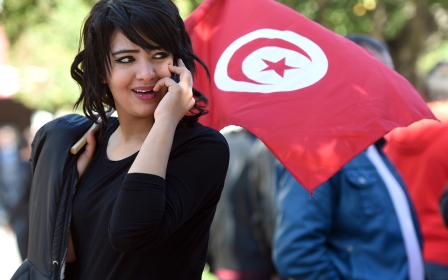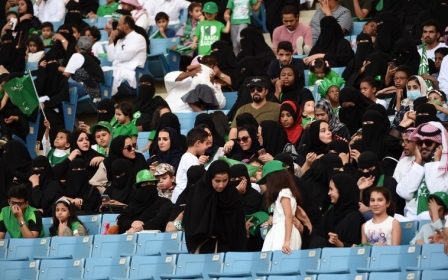Violence against women hurts Arab economies, UN says
The United Nations called on Arab countries on Wednesday to calculate the economic cost of violence against women, in a bid to promote policy reform in a region where the issue is taboo.
Only a handful of Arab states have laws that specifically tackle violence against women - be it marital rape, "honour killings" or incest, said the group, which was led by the UN's agency on women.
"Many countries in the Arab region still see violence against women and deal with it as a private issue and not a public issue," said Mehrinaz Elawady of the United Nations Economic and Social Commission for Western Asia (ESCWA).
"Costing [the] violence would help the government and the state understand that ... it is not only affecting the abused woman, it is also affecting the entire economy," the director of ESCWA's Centre for Women told the Thomson Reuters Foundation.
Egypt used a model recommended by the UN to estimate in 2015 that gender-based violence cost it $123m a year.
Lakshmi Puri, deputy director of UN Women, explained last month that the economic cost of violence against women includes expenses to the health system, counselling, justice system and loss of wages for working victims.
"Violence against women and girls brings huge economic costs to any society. The negative impact on women’s participation in education, employment and civic life undermines poverty reduction," Puri said in remarks delivered at UN Women's headquarters in New York.
"It results in lost employment and productivity, and it drains resources from social services, the justice system, health-care agencies and employers. As such, violence against women is a clear barrier to sustainable development."
There is no data on the scale of violence against women in the Arab world.
The World Health Organization says 37 percent of women in the Eastern Mediterranean, which includes many Arab states, have been physically or sexually abused by their husband or boyfriend.
Some Middle Eastern countries are stepping up their protection of women.
Tunisia ended a law in July that allowed a rapist to escape punishment if he married his victim. Lebanon and Jordan also repealed a similar law earlier this year.
"There is change that is happening," said Mohammad Naciri, UN Women's regional director for Arab States.
"But we are just at the beginning."
Traditional beliefs, whereby women are seen as wives and mothers with a limited life outside the home, need to change to make it easier for them to work, he said.
Conflict in the troubled region also contributes to poverty and violence in the home, as families are less able to move around freely or work.
"Eliminating violence is the right thing to do," he said.
"What we need to say to our audience, which is the policy makers in the region, is that it is also the smart thing to do."
New MEE newsletter: Jerusalem Dispatch
Sign up to get the latest insights and analysis on Israel-Palestine, alongside Turkey Unpacked and other MEE newsletters
Middle East Eye delivers independent and unrivalled coverage and analysis of the Middle East, North Africa and beyond. To learn more about republishing this content and the associated fees, please fill out this form. More about MEE can be found here.




